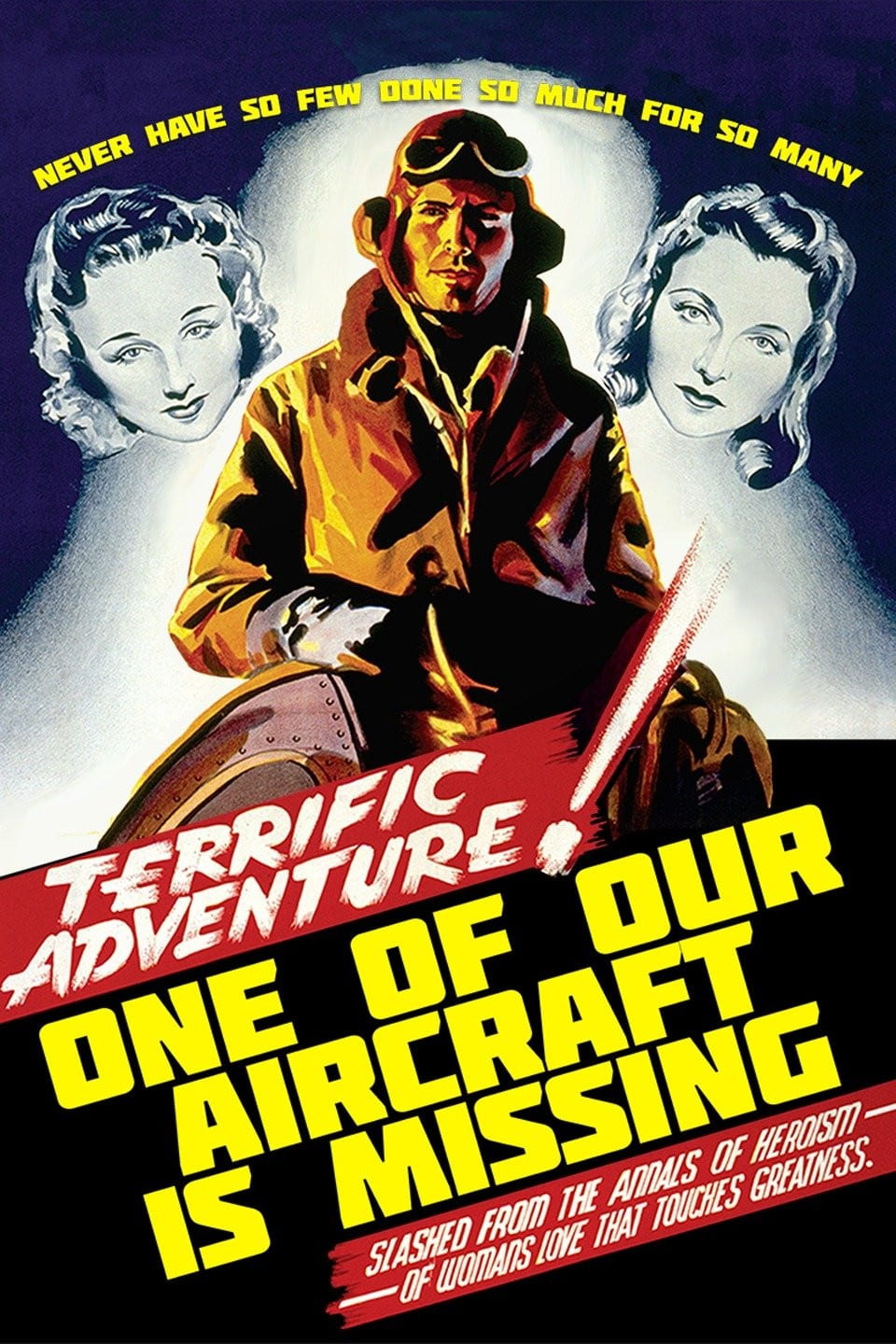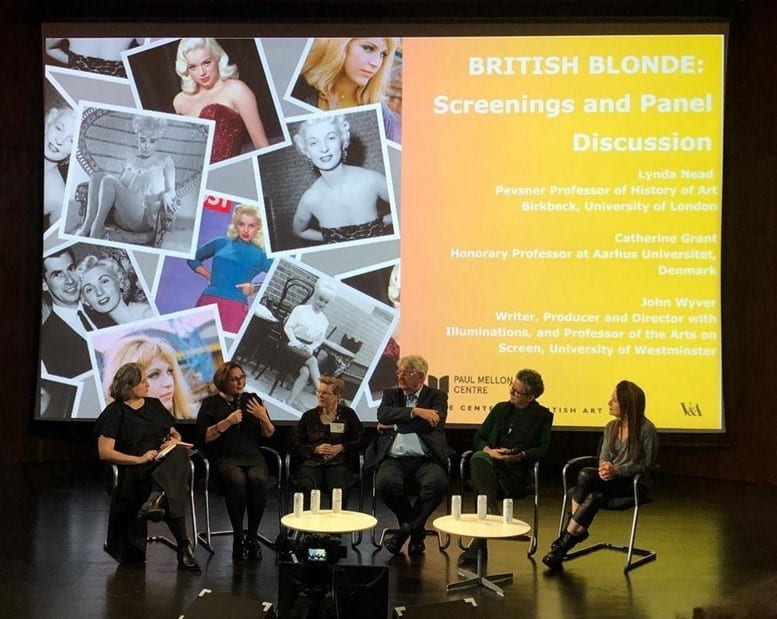By Professor Sarah Street, Professor of Film and Foundation Chair of Drama, School of Arts
From October to December 2023, the British Film Institute (BFI) curated a special UK-wide season of screenings and events to celebrate the work of visionary British filmmakers Michael Powell and Emeric Pressburger. In a partnership spanning thirty-three years and twenty-four films, Powell and Pressburger transformed cinema with their bold storytelling and vivid cinematography, most notably in The Red Shoes and Black Narcissus. As an academic specialist on British cinema history, Professor Sarah Street participated in several of the events and here tells us about her contributions.

To mark the opening of the Cinema Unbound season, the BFI published The Cinema of Powell and Pressburger, a superbly illustrated book co-edited by Nathalie Morris and Claire Smith. This includes a chapter by Sarah Street on the filmmakers’ extraordinary use of Technicolor which draws on research arising from several major projects on colour films led by Sarah Street and funded by the AHRC and Leverhulme Trust. It was also informed by her in-depth study of Black Narcissus which features with a link to a chapter in the BFI/Bloomsbury’s Screen Studies online publication on Powell and Pressburger. The Cinema of Powell and Pressburger includes many sumptuous images showcasing an extraordinary range of original set and costume designs, photographs and objects, many of which are in the BFI’s own archives. The book was launched at the BFI Southbank in conjunction with the opening of a major exhibition on The Red Shoes. A special cake was made to mark the occasion.
As part of the Powell and Pressburger season the BFI held several discussions on fascinating dimensions of their work. Sarah Street contributed to ‘Centre Stage: The leading women of Powell and Pressburger’, appearing alongside Professor Lucy Bolton (Queen Mary, University of London), critic, writer and historian Pamela Hutchinson and writer Lillian Crawford. The second panel discussion was ‘Queering Powell and Pressburger’, with Dr Andrew Moor (Manchester Metropolitan University), Emma Smart, Director of Collections, Learning and Engagement at the BFI, and Zorian Clayton, Curator of Prints at the V&A and BFI Flare programmer. Each panelist chose extracts from a selection of Powell and Pressburger’s films which illustrated many key themes. These included queer perspectives on the films, offering fresh understandings of iconic performances by well-known actors such as Anton Walbrook and Ruth Byron, and British character actors such as Charles Hawtrey and Judith Furse.

Sarah Street is currently collaborating with Claire Smith, Senior Curator of Special Collections at the BFI and Professor Melanie Bell, University of Leeds on a three-year research project, ‘Film Costumes in Action’, funded by the AHRC. She also recently contributed to a panel discussion held at the V&A in connection with a series of lectures by art historian Professor Lynda Nead, Birkbeck, University of London, funded by the Paul Mellon Centre. These were on the theme of ‘British Blonde’, focusing on four celebrated, notorious blonde women: Diana Dors, Ruth Ellis, Barbara Windsor and Pauline Boty. Filmmakers Catherine Grant and John Wyver made four video essays in response to the lectures which were discussed in the last session of the series by Sarah Street and Professor Melanie Williams, University of East Anglia.
Professor Sarah Street is Professor of Film and Foundation Chair of Drama in the Department of Film and Television. A member of our Screen Research Group, Sarah has published widely on British cinema history and the importance of preserving colour film in the archives. To find out more about Sarah’s research, including her current AHRC investigation into ‘Film Costumes in Action’, please email sarah.street@bristol.ac.uk.












